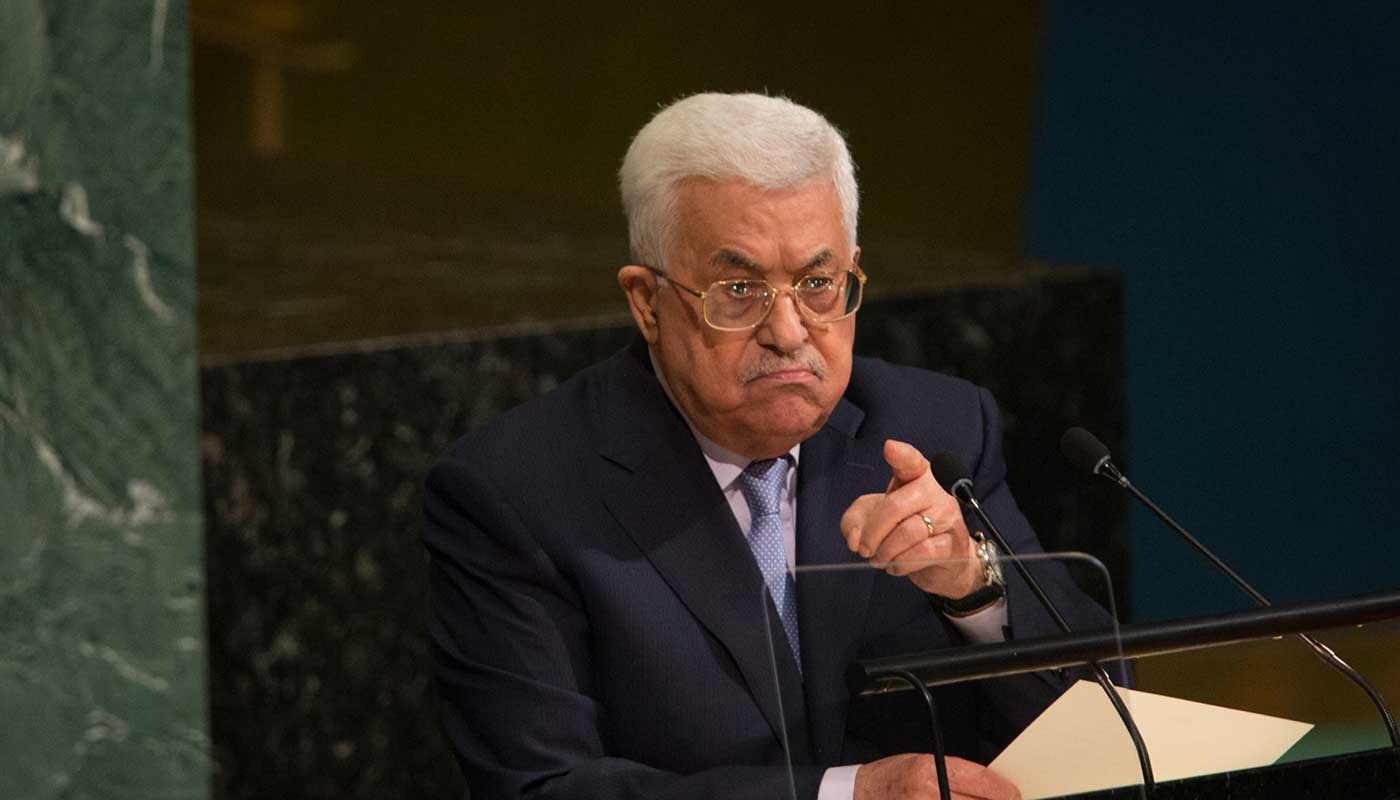Donald Trump prepares to reveal stance on Jerusalem
Middle Eastern leaders have urged him not to recognise the city as Israel’s capital

A free daily email with the biggest news stories of the day – and the best features from TheWeek.com
You are now subscribed
Your newsletter sign-up was successful
Donald Trump has been urged by a number of Middle Eastern leaders not to recognise Jerusalem as the capital of Israel, ahead of a speech later today in which the US president is expected to announce his stance on the issue.
Jordanian foreign minister Ayman Safadi has told US Secretary of State Rex Tillerson that any move by Trump to recognise Jerusalem as the Israeli capital would “trigger great anger in the Arab and Muslim world”, according to the BBC.
Many Arab countries say part of Jerusalem should be the capital of a future Palestinian state.
The Week
Escape your echo chamber. Get the facts behind the news, plus analysis from multiple perspectives.

Sign up for The Week's Free Newsletters
From our morning news briefing to a weekly Good News Newsletter, get the best of The Week delivered directly to your inbox.
From our morning news briefing to a weekly Good News Newsletter, get the best of The Week delivered directly to your inbox.
Palestinian President Mahmoud Abbas has reportedly made a series of phone calls to world leaders to explain the dangers of accepting Israel’s claim to the city.
Publicly, he said: “Any American step related to the recognition of Jerusalem as capital of Israel, or moving the US embassy to Jerusalem, represents a threat to the future of the peace process and is unacceptable for the Palestinians, Arabs and internationally.”
Trump is due to decide on whether he will sign a new six-monthly waiver to the 1995 Jerusalem Embassy Act, which mandates the relocation of the US embassy to Jerusalem, later today. During his presidential campaign, he made a promise to move the embassy.
“The suggestion that Trump could designate Jerusalem Israel’s capital was being touted as a step short of moving the embassy,” The Guardian says. “While largely symbolic, it is being fiercely opposed by a number of countries in the region.”
A free daily email with the biggest news stories of the day – and the best features from TheWeek.com
Last night, senior White House adviser Jared Kushner said Trump was “still looking at a lot of different facts” regarding Jerusalem.
-
 Health insurance: Premiums soar as ACA subsidies end
Health insurance: Premiums soar as ACA subsidies endFeature 1.4 million people have dropped coverage
-
 Anthropic: AI triggers the ‘SaaSpocalypse’
Anthropic: AI triggers the ‘SaaSpocalypse’Feature A grim reaper for software services?
-
 NIH director Bhattacharya tapped as acting CDC head
NIH director Bhattacharya tapped as acting CDC headSpeed Read Jay Bhattacharya, a critic of the CDC’s Covid-19 response, will now lead the Centers for Disease Control and Prevention
-
 Will increasing tensions with Iran boil over into war?
Will increasing tensions with Iran boil over into war?Today’s Big Question President Donald Trump has recently been threatening the country
-
 Corruption: The spy sheikh and the president
Corruption: The spy sheikh and the presidentFeature Trump is at the center of another scandal
-
 Rubio boosts Orbán ahead of Hungary election
Rubio boosts Orbán ahead of Hungary electionSpeed Read Far-right nationalist Prime Minister Viktor Orbán is facing a tough re-election fight after many years in power
-
 Greenland’s capital becomes ground zero for the country’s diplomatic straits
Greenland’s capital becomes ground zero for the country’s diplomatic straitsIN THE SPOTLIGHT A flurry of new consular activity in Nuuk shows how important Greenland has become to Europeans’ anxiety about American imperialism
-
 Epstein files topple law CEO, roil UK government
Epstein files topple law CEO, roil UK governmentSpeed Read Peter Mandelson, Britain’s former ambassador to the US, is caught up in the scandal
-
 Iran and US prepare to meet after skirmishes
Iran and US prepare to meet after skirmishesSpeed Read The incident comes amid heightened tensions in the Middle East
-
 Which way will Trump go on Iran?
Which way will Trump go on Iran?Today’s Big Question Diplomatic talks set to be held in Turkey on Friday, but failure to reach an agreement could have ‘terrible’ global ramifications
-
 Israel retrieves final hostage’s body from Gaza
Israel retrieves final hostage’s body from GazaSpeed Read The 24-year-old police officer was killed during the initial Hamas attack